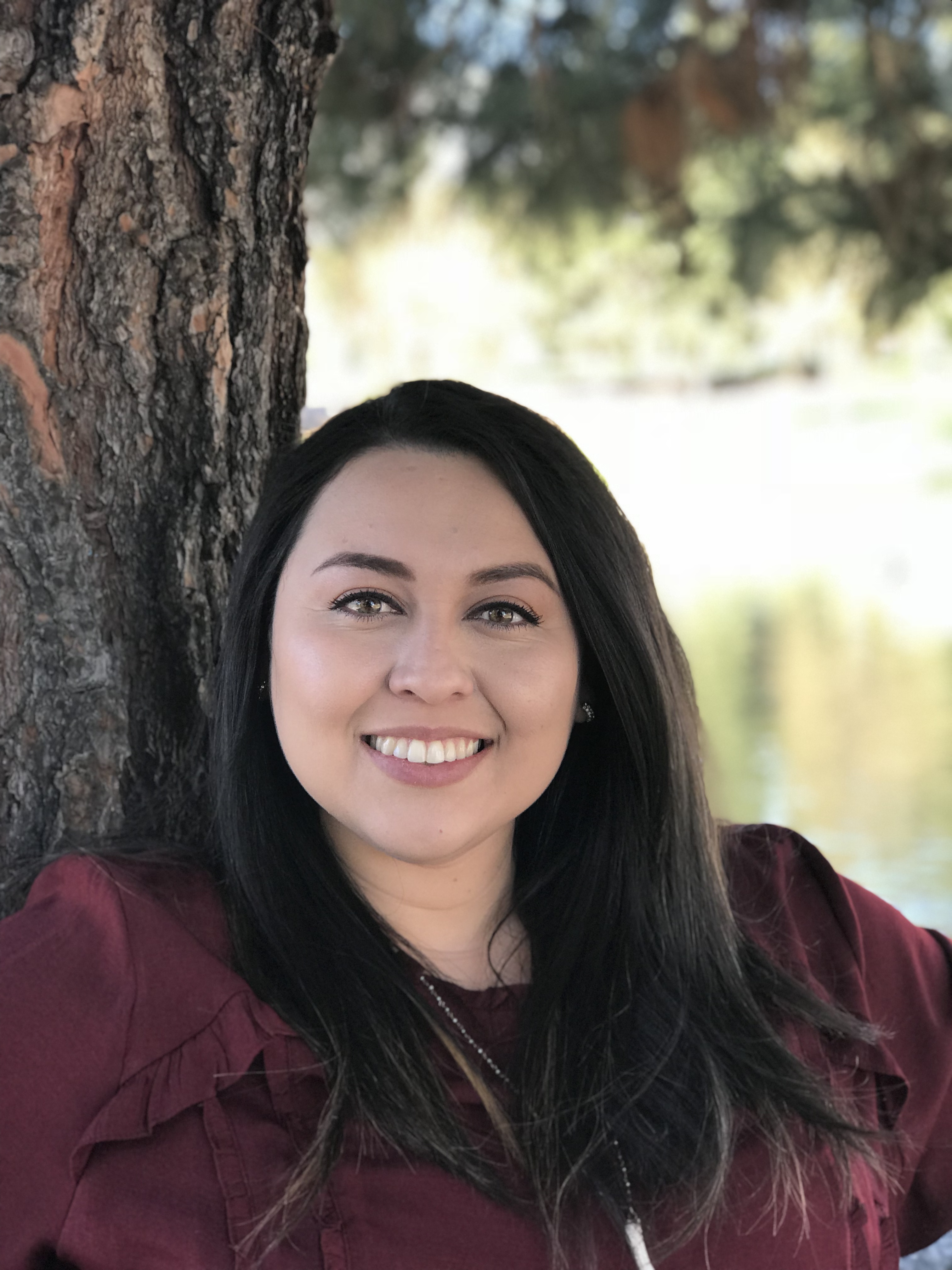Older Adults and Mental Health
- Nicole Serrano

- Jul 5, 2017
- 2 min read
In my years of working in community mental health, one of our populations that can often be underserved are our older adults. What happens when we get older and we are struggling with our mental health? How can we recognize if our parents and grand parents are struggling with mental health?
As we age, we go through several different life stages and transitions. One of those big transitions can occur when you retire, or when you are no longer working at the capacity you once were. Other transitions that affect us, is when our physical health begins to decline. Often times we can begin to notice subtle changes with our older family members, or what may seem like changes in their personality. Our once bubbly grandmother who was always around cooking and baking, is now staying in her room and not engaging with her children or grandchildren. Our retired parents are now bickering frequently, or isolating themselves despite now having the opportunity to engage in new activities. There can be past events and underlying issues that now begin to arise and become unsettling for us as we age because we are now reflecting upon our lives and the impact we have made in this world.
Besides private practice therapy, there are now more opportunities for our older adults to have access to mental health. Community mental health clinics may offer services where a clinical therapist can meet our older adult in their home. Therapy can also potentially be offered via telephone or video chat session, depending on the severity of mental health. Check in with your local clinics for more information on what services are available near you. Get more information regarding older adults and mental health here: https://www.nimh.nih.gov/health/publications/older-adults-and-depression/index.shtml































Comments